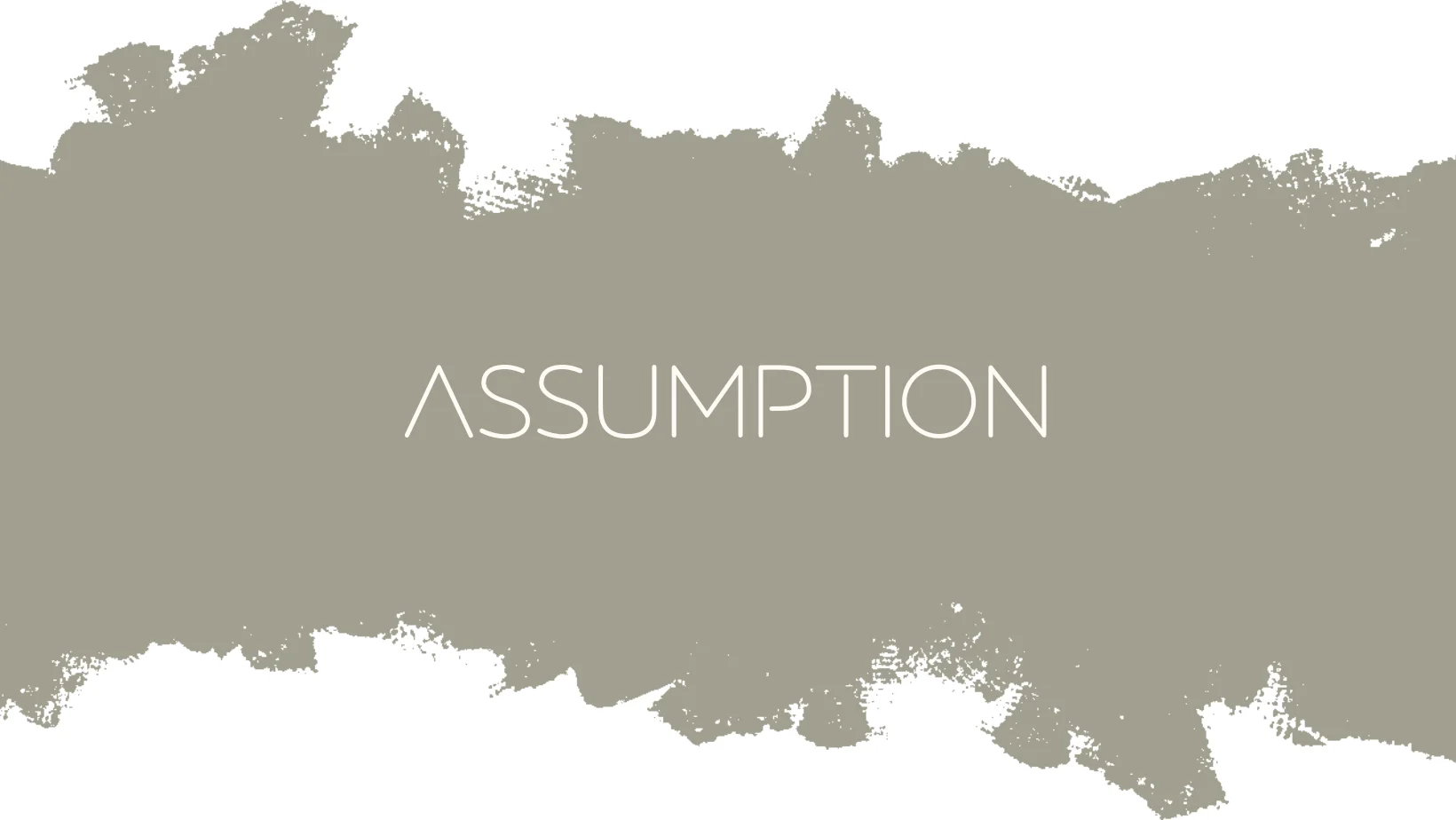Assumption

Sometimes, when buying a property, you will find something known as an ‘Assumption Clause’ or an ‘Assumption Agreement’ as part of the purchase process.
But what exactly is an assumption, and should you sign an assumption agreement?
Let’s look at the specifics of what assumption means in real estate and why these clauses may be present.
But first, before you decide that assumption is the way to go, take the time to talk to a mortgage broker and weigh your options carefully to ensure that you are making the best decision for your needs and goals. So, to help you get started the right way, we’d like to offer you a free strategy call at the link below.
What is Assumption in Real Estate?
An assumption clause is a purchase agreement or mortgage contract provision that allows the mortgage currently secured against a property to be transferred from the seller to the buyer.
Essentially, by signing an assumption agreement, you take on not only your ownership of the property but the specific mortgage debt associated with it.
How Does an Assumption Clause Work?
Usually, assumption clauses do not work, this is because most mortgage lenders and traditional financing options have stipulations to specifically disallow a new party to assume an existing mortgage. Instead, most of the time, as the buyer, you will need to get your own financing.
However, if it is possible to assume a mortgage, you must qualify under the same criteria that the initial mortgage was offered under. This is to protect you and the lender from the risk of you assuming a mortgage you cannot afford and defaulting.
Should You Assume the Seller’s Mortgage?
Assumption clauses are most attractive when rates are high and the mortgage that is being assumed is at a lower rate than you can get elsewhere. It also holds the benefit of closing faster and requiring fewer closing costs on average than other mortgage options.
However, there are various reasons you may not want to assume the seller’s mortgage when buying a property. First, the rate the seller’s mortgage is currently set at is sometimes higher than the rate you can qualify for. In this case, a mortgage assumption would realistically cost you money in the long run.
An assumption may also leave you responsible for fees or insurance premiums from the seller’s mortgage that you may not be required to pay if you were to get your mortgage.
Finally, by assuming a mortgage, you buy a property that has already been partially paid off. In many cases, you may need to put more money down upfront to cover the remaining property value that is not covered by the mortgage. Alternatively, you may need to get a separate loan to cover the portion of the purchase price not covered by the assumption.
If You Are Ready to Invest
If you are ready to start investing in real estate but need more information about how you can – or if you should – assume the seller’s mortgage, we are ready to help you.
All you need to do is click the link below for a free strategy call with our team at LendCity to discuss your options.
